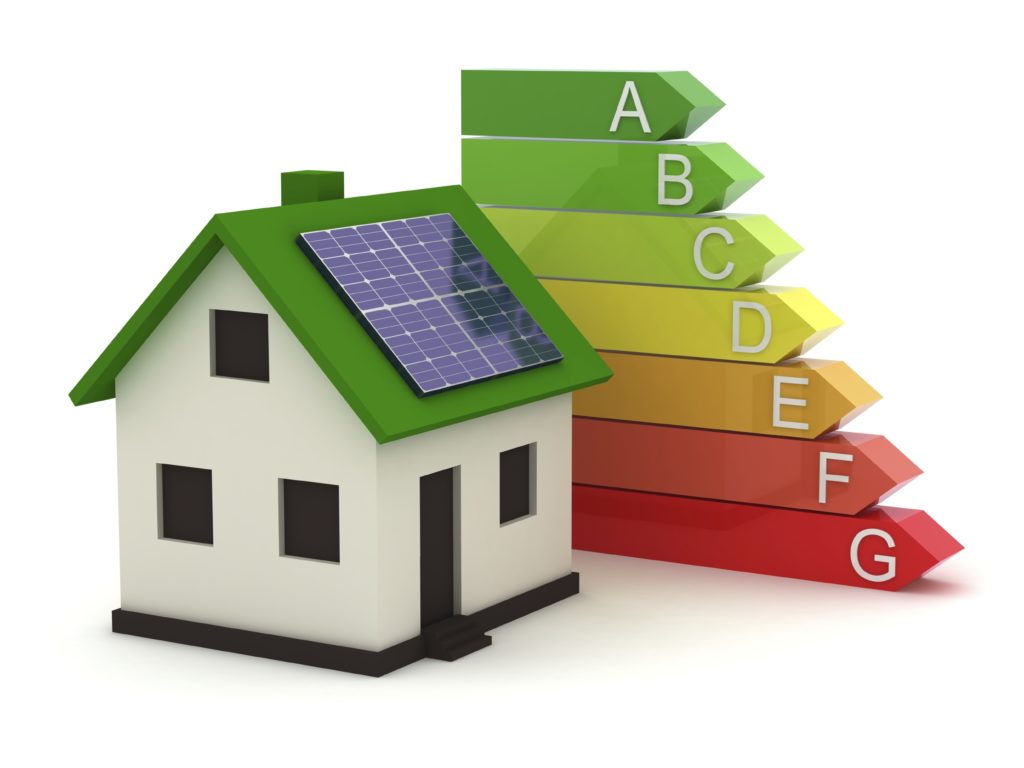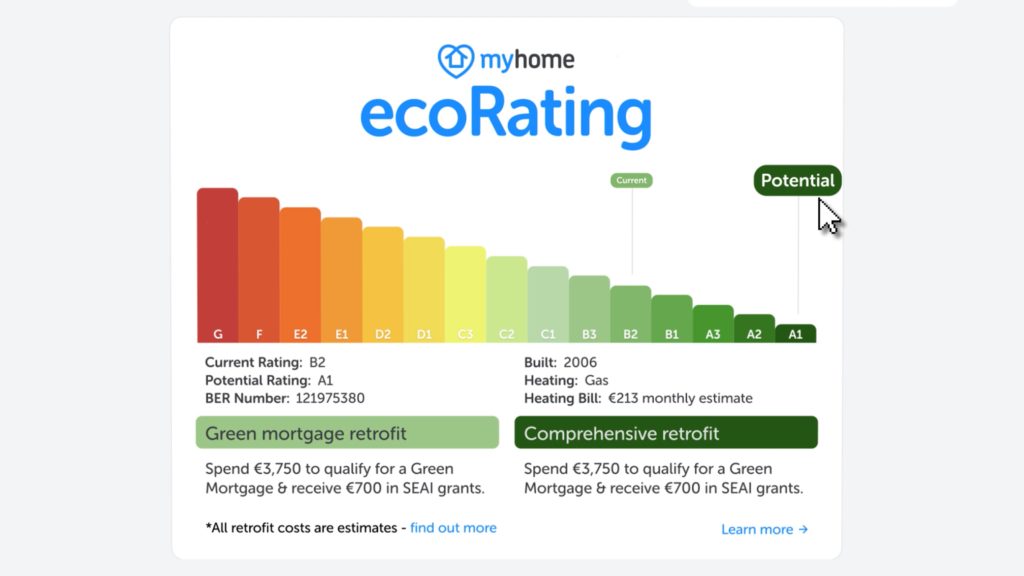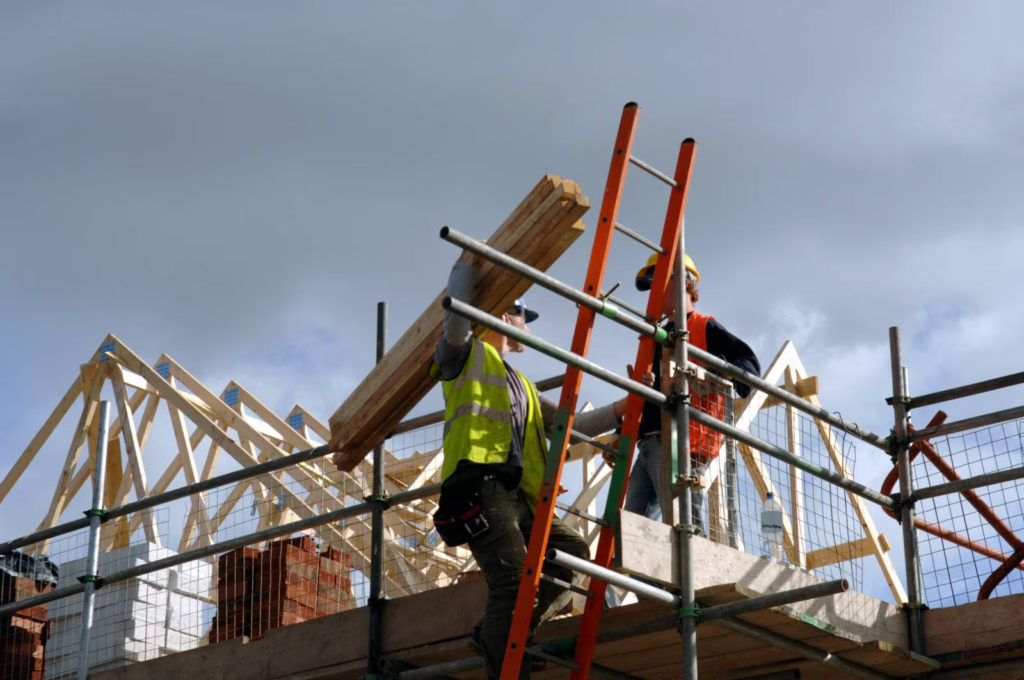Further action is needed if Ireland is to meet its retrofitting targets, according to a new report from Banking and Payments Federation Ireland (BPFI).
Their ‘Decarbonising Homes in Ireland’ report suggests that more financial supports are needed in order to motivate households to carry out upgrade work on their properties.
It comes as a new survey by the organisation shows that cost is the main factor deterring people from investing in home energy upgrades.
That is no surprise, with a full retrofit ranging from €25,000 to €75,000 - depending on the age of the house.
The vast majority of those surveyed said cutting energy bills is one of the most important reasons for wanting to make their home more energy efficient. However, the reason differed based on the age of the respondents.
Almost 40% of those under 35 mentioned reducing carbon emissions as their primary motivation, while over 80% of those over 45 said warmth and comfort was the top reason.
The Government's Climate Action Plan envisages 120,000 residential buildings being retrofitted to BER B2 standard by 2025, and 500,000 by 2030.
It puts the cost of housing energy efficiency improvements at €20 billion by 2030.
Louise O'Mahony, Head of Sustainable Banking at BPFI said that investment is needed, with only about one fifth of Irish homes achieving a BER of B3 or better, and just 14% of homes having a B2 or higher.
Therefore, about 80% of homes in Ireland likely have a BER of C or worse.
"Government has made considerable efforts to support the retrofitting of residential homes on a large scale, including the enhancement of the National Home Energy Upgrade Scheme with grant levels of up to 50% of the cost of a typical deep retrofit," said Ms O’Mahony.
"However, further action is now required on the part of government in order to ensure retrofitting numbers reach the scale required to meet Ireland’s decarbonising targets," she added.
The BPFI report states that government action is needed to address the affordability gap by increasing the grants and subsidies for home retrofits and applying them to ancillary costs such as BER rating certification.
"To begin with, BPFI believes the government's proposed home retrofit loan guarantee proposed should be launched as soon as possible," Ms O’Mahony said.
"In addition, tax incentives should be introduced to make it more attractive for people to use savings for retrofit projects.
"Consideration should also be given to a Stamp Duty rebate scheme to encourage people buying low BER rated homes to upgrade them within a specified time period," she added.
The BPFI said lenders are supporting the aims of the Government’s Climate Action Plan through green mortgages and personal loans.
However, the consumer survey shows that only about one in four of respondents planning home improvements for energy efficiency in the next three years expected to use credit to pay for the retrofit.
About half of respondents said that they would use savings, at least in part.
The BPFI wants a government-led, cross industry Steering Group to be set up to identify "practical and innovative" solutions to help people retrofit their homes.
"Knowledge sharing between different actors including lenders, government departments and agencies, the CBI and other relevant private sector organisations will help to identify new ways of ramping up retrofitting activity to the levels required to meet government targets," Ms O’Mahony said.





